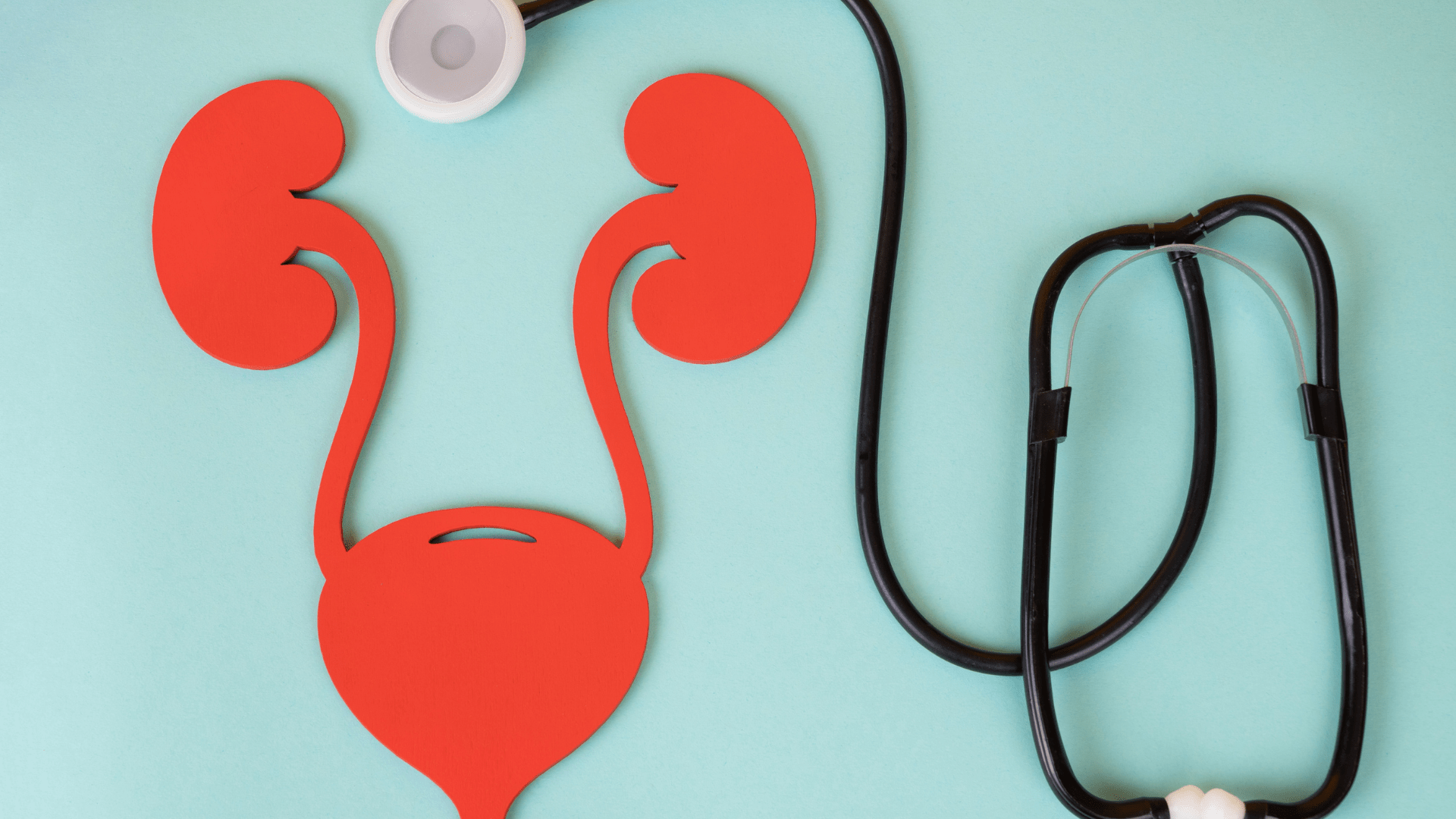How many times have you been asked, “Is it that time of the month?”, not out of genuine concern, but often as a joke that you did not find funny or as a dismissive response to your emotions? You’re irritated, and they say, “It must be PMS”. You’re upset, and they tell you, “Calm down, it’s just your period talking”. You’re just peacefully existing, and they whisper, “She must be on her period”.
Here’s the thing, menstrual health and mental health are deeply connected, yet discussions around them are often trivialised and rarely acknowledged. Understanding how they are connected can not only help you take better care of yourself and feel in control during your cycle but also empower you to advocate for your well-being.
The Science Behind It
The menstrual cycle is regulated by hormones, primarily oestrogen and progesterone, which also influence your mental well-being, from your mood to your energy levels. Throughout the month, these hormones fluctuate and impact both your physical symptoms and your mental health.

Oestrogen: This is the predominant hormone during the follicular phase of your menstrual cycle (from the first day of your menstruation to ovulation). Oestrogen boosts serotonin levels, a neurotransmitter that is linked to happiness. This is why we refer to this as the “feel-good” hormone, when your “hot-girl era” kicks in.
Progesterone: During the luteal phase of your cycle, which occurs after ovulation, this hormone rises and affects another neurotransmitter called GABA. GABA also has a calming effect, kind of like your brain’s way of helping you to chill. However, in some people, the rise in progesterone can trigger mood swings, irritability, sadness, anxiety, etc. This happens because, in these individuals, the brain can become less sensitive to the calming effects of GABA over time.
Pre-Menstrual Syndrome (PMS): In the days leading to the first day of your period, both oestrogen and progesterone levels reduce drastically. Since the brain has adapted to the presence and effect of these hormones, this sudden drop can trigger more irritability and mood swings. The smallest things often feel overwhelming during this period, and you’re one inconvenience away from a meltdown. Your younger brother ate your leftover pasta that you’ve been dreaming of eating after a long day at work? Frustration levels=Maximum! No power when you get home? The world is against you! These aren’t just your regular “mood swings”, they are real and often tough to navigate, both by you and your loved ones.
Premenstrual Dysphoric Disorder (PMDD): While for most individuals, these changes are “mild”, for others, they experience more severe and extreme versions of these mental symptoms; a medical condition known as Premenstrual Dysphoric Disorder.
What can you do?
So, you may not have total control of these hormones, but who says, these hormones have to have total control over YOUR mental health? Here are some useful tips on how to ensure that you’re in charge.
- Track your cycle: Anticipating when these mood shifts can occur can help you prepare for them.
- Be active: Regular exercise can do wonders for your mental health. It isn’t just for the “Gym Bros” or “Gym Ladies”. You don’t have to run a marathon for this to be effective. Stretches, light jogs, walking, or even dancing in your room can do wonders for your relaxation and help clear your mind.
- Avoid stress: We know with the hustle and bustle of life, this might seem impossible but it’s doable. Schedule breaks in between work and school hours. You can watch a movie, listen to some music, do Yoga, or journal. The trick is to remember to always incorporate relaxing activities.
- Eat right: Foods rich in Omega-3 or Magnesium can help stabilise your mood. Try to include Titus, bananas, beans, okra, or crayfish in your meals.
- Support groups: Talk to other ladies about what you’re feeling. Sometimes, you just need a good rant session with the girlies that get it. That’s what Fertitude is here for! You need to remember that you’re not alone, and other girls go through this all the time.
- Prioritise your self-care: If your workplace doesn’t acknowledge the reality of mental health-associated symptoms of menstrual cycles, advocate for yourself. Get Fertitude on board too if that doesn’t work.
- Seek professional care: If your symptoms are overwhelming, talk to a healthcare professional. You can use our “ASK” feature at the bottom of your screen to talk to a licensed medical healthcare professional. Your health is at your fingertips.
Final Thoughts
Your mental health matters every day of the month. The more we acknowledge not only the physical, but the mental challenges that come with menstruation, the better we can take care of our health. Be kind to yourself, take things one step at a time, and know that you’re not alone.
Let’s be real, you deserve a soft life, and understanding your menstrual health is the ultimate cheat code.
References
Estrogen, serotonin, and mood disturbance: where is the therapeutic bridge? – ScienceDirect






One Response